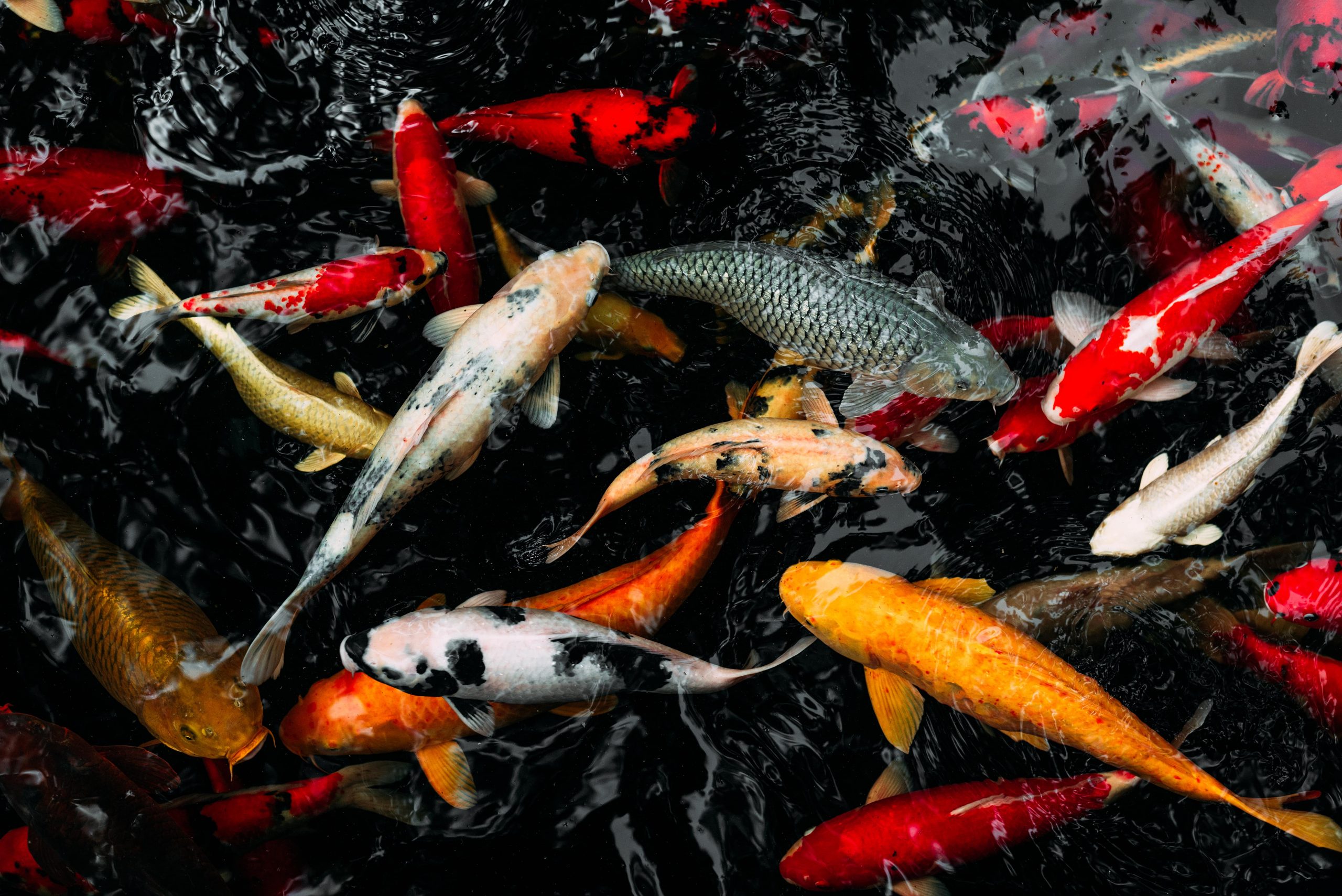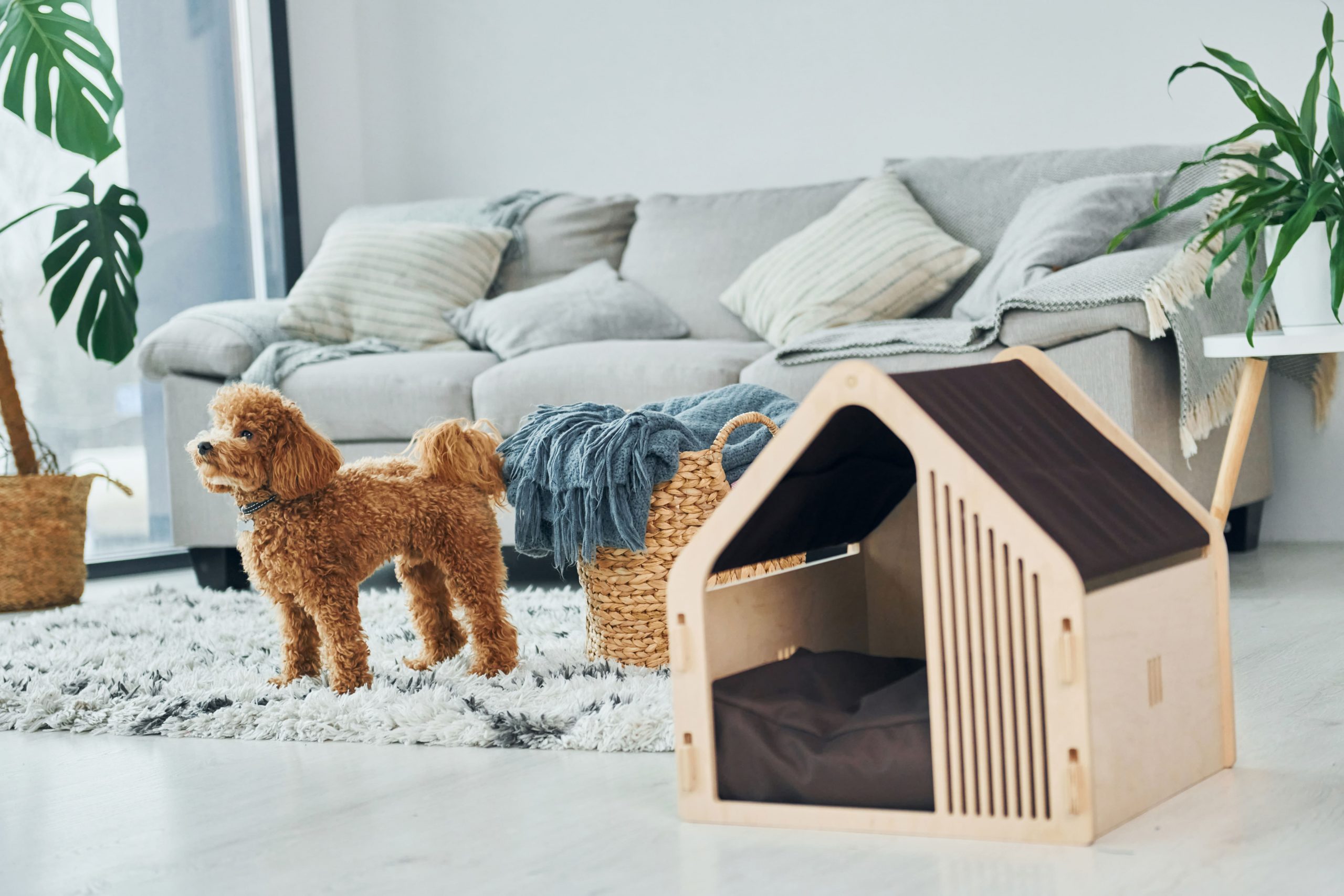Installing Fish Ponds for your Garden

If you’re thinking of adding a fish pond to your garden, there are a few things you need to take into consideration before taking the plunge. Here’s a quick guide to installing a fish pond in your garden.
The first thing to think about is where you want to locate your pond. It’s important to choose a spot that gets plenty of sunlight, as this will help encourage the growth of aquatic plants. It’s also important to make sure the pond is close to an electrical outlet, as you’ll need to power a pump and filtration system.
Once you’ve selected the perfect spot for your pond, it’s time to start excavating. The size of your pond will depend on the number of fish you want to keep, so be sure to factor this into your planning. Generally speaking, a 1,000-gallon pond is sufficient for up to 10 fish.
After excavation, it’s time to line the pond with a heavy-duty liner. This will help to prevent leaks and keep your pond water clean and clear. Once the liner is in place, you can fill the pond with water and install the pump and filtration system.
To add some visual interest (and provide homes for your fish), consider adding some aquatic plants and rocks around the edge of the pond. An easy way to do this is to use an aquatic plant basket filled with soil and plants. Simply place the baskets in the desired location and fill with water.
And that’s it! With a little planning and effort, you can easily add a beautiful fish pond to your garden.
Planting Lilies for Fish Ponds
Lilies are one of the most popular aquatic plants and they are perfect for adding to fish ponds. Not only do they look beautiful, but they also help to keep the water clean and provide shelter and food for fish.
There are many different types of lilies available, so you can choose the perfect one for your pond. Hardy water lilies are a good choice as they can tolerate a wide range of conditions and will flower for many months.
Before planting your lilies, it is important to prepare the pond. The bottom should be cleared of any debris and the sides should be sloped so that the roots can easily take hold. It is also a good idea to line the pond with a thick layer of mulch or pebbles to help prevent erosion.
When choosing a spot to plant your lilies, make sure that it is in full sun and at least 2 feet deep. Dig a hole in the soil and add some fertilizer before placing the root ball into the hole. Gently firm the soil around the plant and then water well.
Once your lilies are in place, it is important to keep an eye on them and make sure that they have enough water. They will need to be watered more frequently during hot weather. You may also need to trim back the leaves occasionally to prevent them from taking over the pond.
With a little care, your lilies will thrive and provide your pond with beauty and habitat for many years to come!
Best Fish for Garden Fish Ponds
When it comes to stocking your garden fish pond, there are a few key things to consider – the size of the pond, the climate and the type of fish. But with so many different types of fish to choose from, it can be hard to know where to start.
If you’re looking for the best fish for garden fish ponds, here are a few of our top picks:
1. Goldfish
Goldfish are a popular choice for garden ponds as they’re relatively easy to care for and can adapt to a wide range of climates. They’re also one of the cheaper fish to buy, so they’re a great option if you’re on a budget.
2. Koi Carp
Koi carp are another popular choice for garden ponds and can grow to be quite large, making them an impressive addition to your pond. They’re also relatively easy to care for, although they will need a larger pond than goldfish as they grow quite quickly.
3. Weather Loach
Weather loach are a great choice for garden ponds as they’re very tolerant of different water conditions and temperatures. They’re also great at eating algae, so they can help to keep your pond clean.
4. Orfe
Orfe are a beautiful type of fish that grow to be quite large, making them a stunning addition to any garden pond. They’re also relatively easy to care for and are tolerant of different water conditions.
5. Tench
Tench are another good choice for garden ponds as they’re easy to care for and can help to keep your pond clean by eating algae. They’re also tolerant of different water conditions and can survive in both cold and warm climates.












